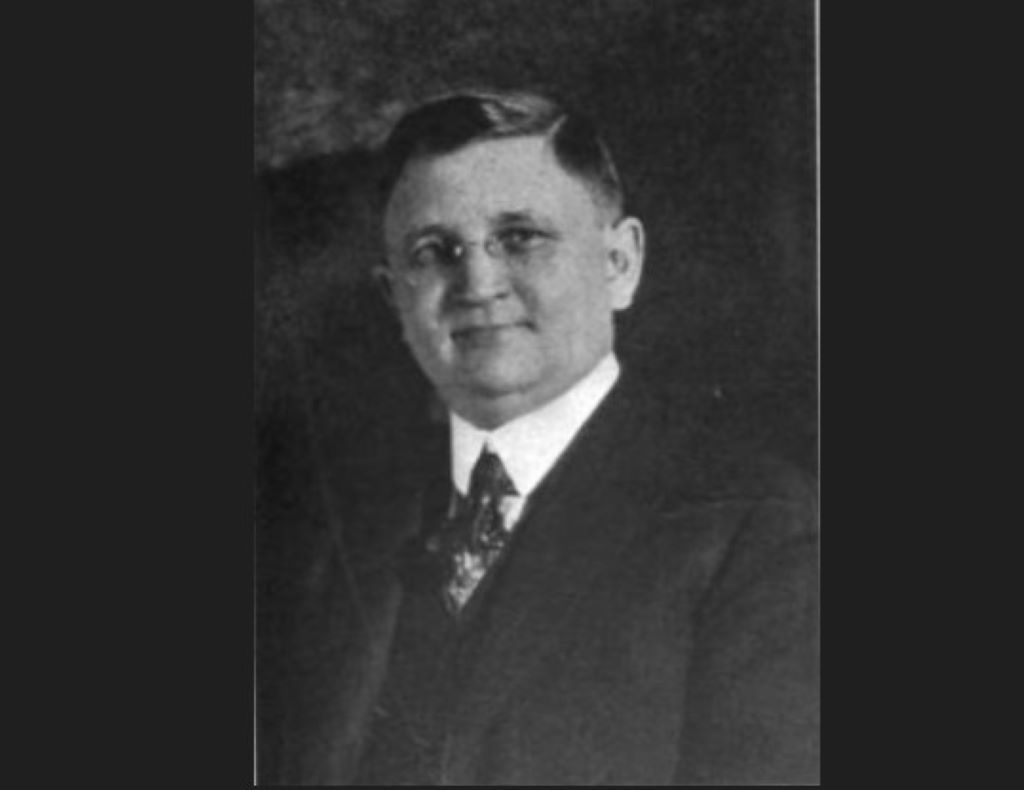Arthur Andersen scandal involved the collapse of energy giant Enron in 2001, which led to one of the biggest accounting scandals in history.
Arthur E. Andersen founded Arthur Andersen, a prominent accounting Company based in Chicago, Illinois, in 1913.
The firm gained a reputation for its extensive expertise in tax, consulting, and auditing services, and it expanded to become one of the world’s largest accounting and consulting firms.
Similarly, Arthur Andersen was part of the “Big Five” accounting companies, which included Deloitte & Touche, Ernst & Young, KPMG, and PricewaterhouseCoopers.
But, on August 31, 2002, Arthur Andersen voluntarily surrendered their license to operate as a certified public accountant in the United States, effectively closing the firm.
Nevertheless, some parts of the Company remain in operation as of 2022.
Read More: Vince Mcmahon Scandal: Sexual Misconduct Reddit- Is He Arrested?
Arthur Andersen Scandal: What Did The Company Do?
The Arthur Andersen scandal involved the collapse of energy giant Enron in 2001, which led to one of the biggest accounting scandals in history.
Arthur Andersen was responsible for auditing Enron’s financial statements, which were found to be fraudulent and misleading, leading to one of the most significant accounting scandals in history.
Andersen’s failure to identify and report these fraudulent practices led to its demise.
The accusation against the Company was that it obstructed justice by destroying documents connected to its audit of Enron, interpreted as an effort to conceal its involvement in the scandal and impede the investigation from uncovering the facts.

As a result, Arthur Andersen was convicted on charges of obstruction of justice in 2002.
Also, the scandal caused many of Arthur Andersen’s clients, including Enron, to terminate their relationships with the firm, leading to its collapse.
The accounting industry was also heavily impacted by the scandal, resulting in increased regulation and the establishment of new oversight bodies to monitor the work of auditors.
On the other hand, the Arthur Andersen scandal reminds of the importance of ethical standards in the accounting profession and the need for auditors to remain independent and objective in their work.
Following the scandal, new regulations and laws were introduced to enhance the accuracy of financial reporting for public companies.
One such legislation was the Sarbanes-Oxley Act, which imposed stricter penalties for tampering with or falsifying records in federal investigations and attempting to defraud shareholders.
The act also increased the responsibility of auditing firms to maintain impartiality and independence from their clients.
Arthur Andersen Controversy Explained
The Arthur Andersen controversy centers on the accounting firm’s involvement in the Enron scandal and the subsequent criminal charges it faced.
As mentioned earlier, Arthur Andersen was responsible for auditing Enron’s financial statements, which were later found fraudulent and misleading.
Besides failing to identify or report Enron’s fraudulent practices, Arthur Andersen faced allegations of obstructing justice by destroying documents related to its audit of Enron.
Consequently, the firm faced criminal charges and was convicted of obstruction of justice in 2002.

The conviction resulted in the downfall of Arthur Andersen, as many of its clients terminated their relationships with the firm.
Further, the controversy raised questions about auditors’ responsibility in detecting & preventing fraud and the need for more rigorous oversight and regulation of the accounting industry.
The Arthur Andersen controversy warns about the importance of upholding high ethical standards and professional responsibility in accounting.
It has also prompted reforms and changes in the accounting industry, including increased regulation and oversight to prevent related scandals from occurring in the future.
You May Like: Luis Mario Vitette Sellanes Wikipedia: Age Wife And Family

